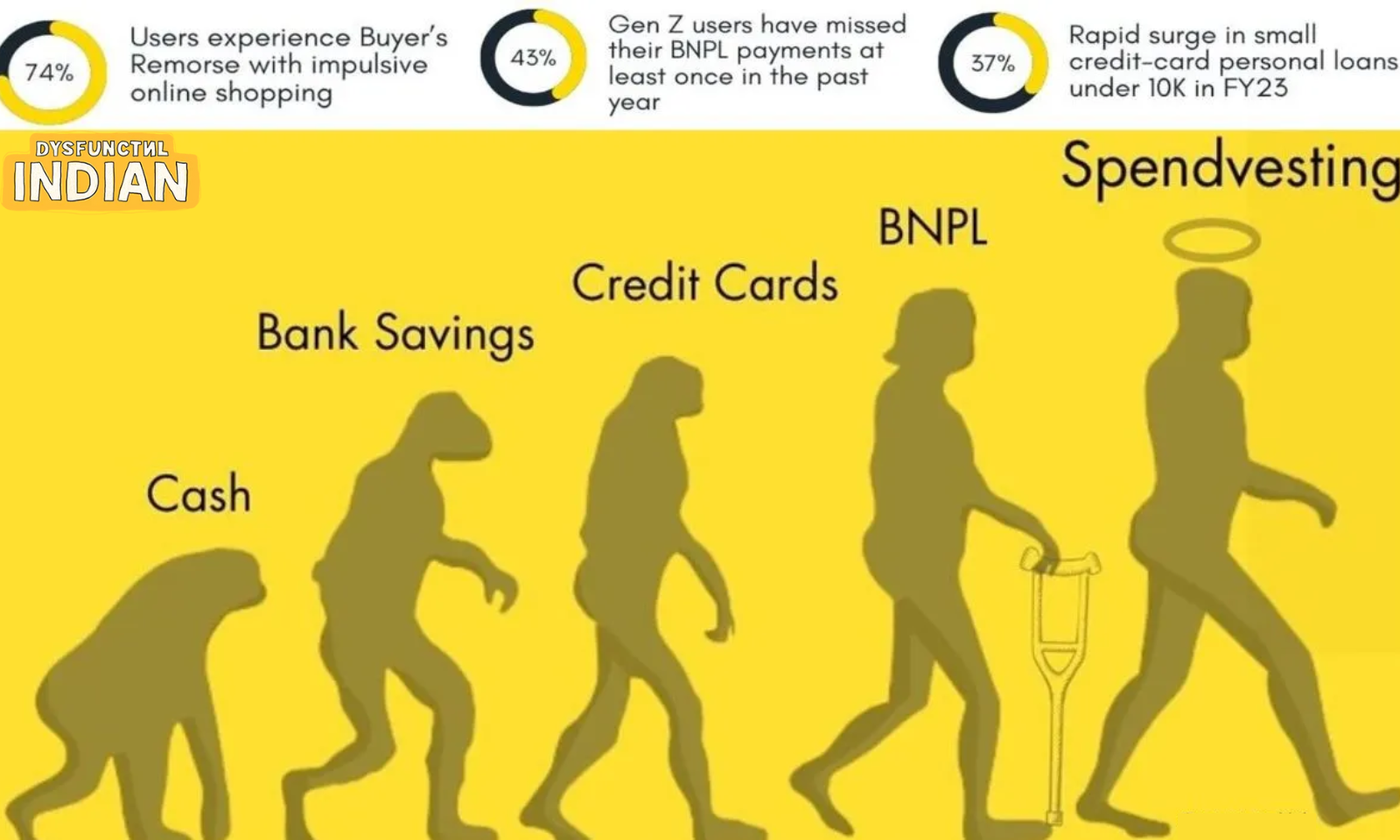2024 The Year of Voting Sensibly
Posted by admin on 2024-01-31 |
Synopsis: Global elections in 64 nations, including India and the EU, pose
geopolitical challenges. BJP eyes a hat-trick in India, while flashpoints arise
in Asia. Democracy's fate hinges on diverse outcomes.
2024 is the
election year, globally. It is going to be the biggest election year in
history. Here are the nations where the elections are going to be held: India,
European Union, USA, Taiwan, Indonesia, Bangladesh, Pakistan, Russia, Mexico,
Iran, United Kingdom, South Africa, South Korea, Ukraine, North Korea, Sri
Lanka, Romania, Belgium, etc. National elections are
scheduled or expected in at least 64 countries.
BJP to score a hat-trick in India
·
The
newly-created coalition of all main opposition parties, known as INDIA is
vowing to battle BJP collectively in the upcoming elections in 2024. It is to
be noted that the BJP led by Prime Minister Narendra Modi scored a brilliant
win in three states in the recently concluded assembly elections.
In the present
political scenario in India, the prevailing viewpoint among political analysts
suggests that a victory for Prime Minister Modi and the BJP is the most likely
result. The prime minister's widespread appeal as a formidable political
leader, coupled with the BJP's emphasis on Hindu nationalism, resonates with
the significant Hindu majority in the nation. The recently established alliance
comprising key opposition parties has not reached a consensus on vital matters,
despite its commitment to collectively oppose the BJP.
Asia's
Geopolitical Flashpoints
In Asia, Taiwan's
presidential election on January 13 takes center stage, with implications that
could escalate tensions in the Indo-Pacific. The frontrunner, Lai Ching-te,
signals a continuation of the current administration's measured policy toward
Beijing, while the Kuomintang party, advocating for reunification with China,
warns of potential conflict.
·
Meanwhile,
in Pakistan, contentious election looms large, with outcome capable of
reshaping international relations in the strategically vital Indo-Pacific
region.
Africa's
Democracy-Defining Moments
Across Africa,
over a dozen countries, including Senegal, South Africa, Mali, and Chad, are
set to hold elections. The results will not only impact the internal political
landscapes but also influence the battle for foreign influence on the
continent. With the United States and Western allies vying against Russian and
Chinese interests, the trajectory of democratization in Africa and the role of
multilateral organizations will face a critical test.
Election
Unrest in Europe and Beyond
Europe braces for
the potential surge of far-right movements within the European Parliament,
presenting a challenge to established parties. The election results could
strain transatlantic ties, especially if coinciding with a potential return of
Donald Trump in the U.S. Political analysts expect protests in Belarus, Russia,
and Iran, with the possibility of disrupting these nations' involvement in major
international conflicts.
South
American Impact
Mexico's
presidential election on June 2 holds significant consequences for
collaboration with the United States on border issues, trade, and broader Latin
American policy. As President Andrés Manuel López Obrador seeks to extend the
influence of his Morena party, the election outcome will shape Mexico's foreign
relations and its approach to China and Russia.
United
Kingdom at a Crossroads
In the United
Kingdom, Prime Minister Rishi Sunak faces the prospect of an early election.
The ruling Conservative Party, in power for nearly 14 years, grapples with
economic challenges and internal divisions. The election's outcome could
influence the UK's stance on the European Union, defense priorities, migration
policies, and its special relationship with the United States.
Global
Ramifications
The sheer
magnitude of elections in 2024 poses unprecedented challenges for online
platforms dealing with new technologies and misinformation. As artificial
intelligence becomes a tool in shaping political narratives, ensuring the
integrity of elections online becomes paramount.
Nobel Peace Prize
laureate Maria Ressa aptly captures
the essence of 2024, declaring it as a year where the world will determine
whether democracy thrives or withers away. With more than 60 countries in the
fray, representing a staggering 4 billion people, the stakes are higher than
ever before.









